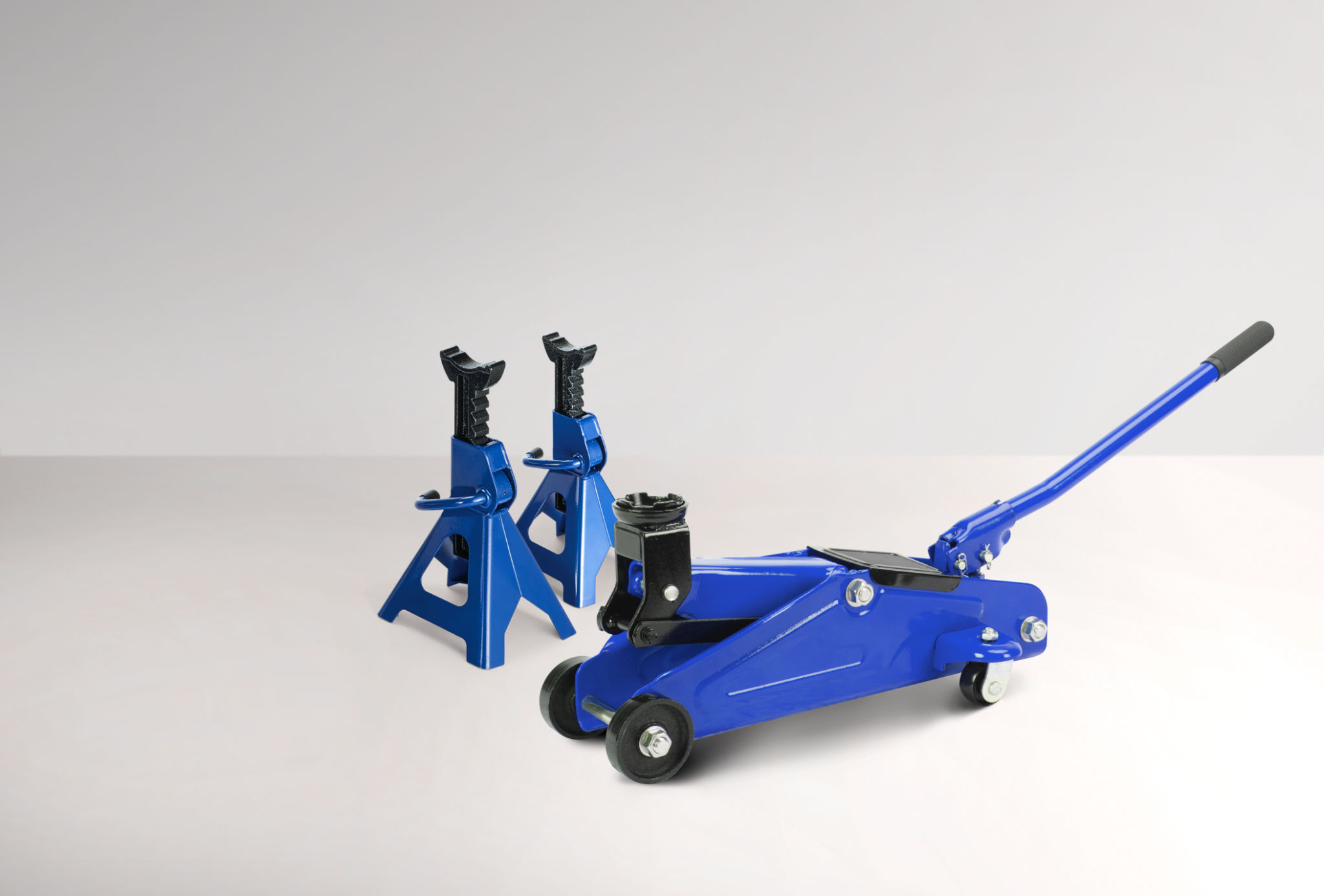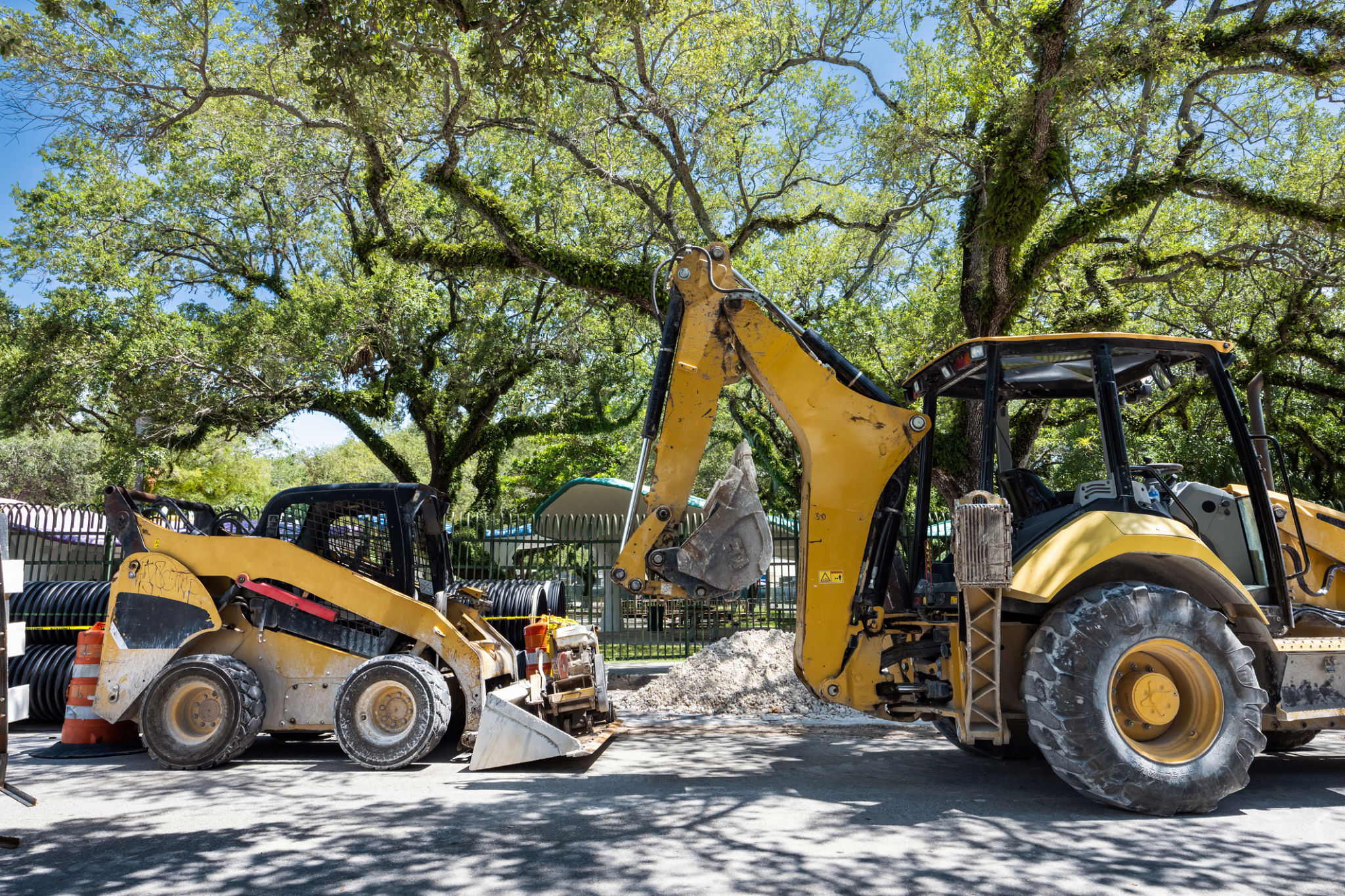Hydraulic Jacks vs. Punchers: Which is Right for Your Project?
RR
Understanding the Basics of Hydraulic Jacks
Hydraulic jacks are essential tools in many industries, known for their ability to lift heavy loads with ease. These devices operate on the principle of fluid mechanics, using hydraulic fluid to generate force. They are commonly used in automotive repair, construction, and manufacturing, where lifting and positioning heavy equipment is necessary.
One of the primary advantages of hydraulic jacks is their capacity to lift significant weights with minimal effort. This makes them ideal for tasks such as lifting vehicles for maintenance or moving heavy machinery. However, it's essential to consider the specific requirements of your project to determine if a hydraulic jack is the right choice.

Exploring the Functionality of Punchers
Punchers, on the other hand, are designed for a different set of tasks. These tools are used to punch holes in various materials such as metal, leather, or plastic. The power of a puncher lies in its ability to exert significant force over a small area, creating clean and precise holes.
Punchers are commonly utilized in metalworking and manufacturing industries, where precision and efficiency are paramount. They come in various sizes and designs, each tailored to specific materials and thicknesses. When choosing between a puncher and a hydraulic jack, consider the nature of your project and whether material alteration is involved.

Comparing Capabilities: Which Tool Suits Your Needs?
When deciding between hydraulic jacks and punchers, it's crucial to evaluate the specific requirements of your project. Here are some factors to consider:
- Load Capacity: Hydraulic jacks are superior for lifting heavy loads, while punchers are specialized for material alteration.
- Precision: Punchers offer high precision for creating holes, whereas jacks provide stability and control for lifting tasks.
- Versatility: Consider whether your project requires lifting, positioning, or altering materials.
By assessing these factors, you can make an informed decision that aligns with your project's needs.
Advantages and Limitations
Both hydraulic jacks and punchers have their unique advantages and limitations. Hydraulic jacks offer unparalleled lifting power but may not be suitable for tasks requiring material alteration. Conversely, punchers excel in precision tasks but lack the capacity to lift heavy loads.
It's also essential to consider the maintenance requirements and operational costs associated with each tool. Hydraulic jacks may require more maintenance due to their mechanical components, while punchers may have higher initial costs for specialized applications.

Making the Right Choice
Ultimately, the choice between a hydraulic jack and a puncher comes down to the specific needs of your project. If your primary goal is to lift or position heavy loads, a hydraulic jack is likely the best fit. However, if precision hole punching is required, a puncher will provide the desired results.
Consider consulting with professionals in your industry to gain insights into which tool might offer the best performance for your specific application. By evaluating your requirements thoroughly, you can ensure that you select the right tool for the job.
Conclusion
In summary, both hydraulic jacks and punchers serve crucial roles in various industries. Understanding their capabilities and limitations will help you make an informed decision that enhances productivity and efficiency in your projects.
Remember that selecting the right tool not only impacts the success of your project but also contributes to overall safety and operational efficiency. By weighing the factors discussed above, you can confidently choose between these powerful tools for your next undertaking.